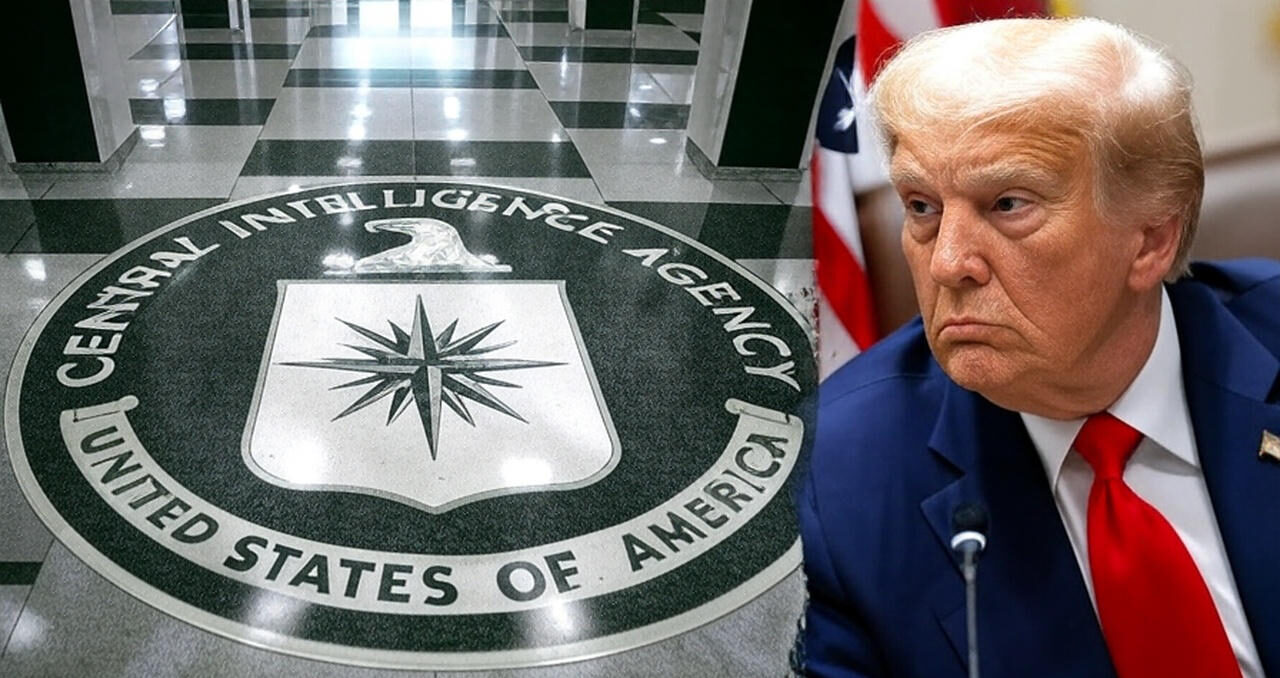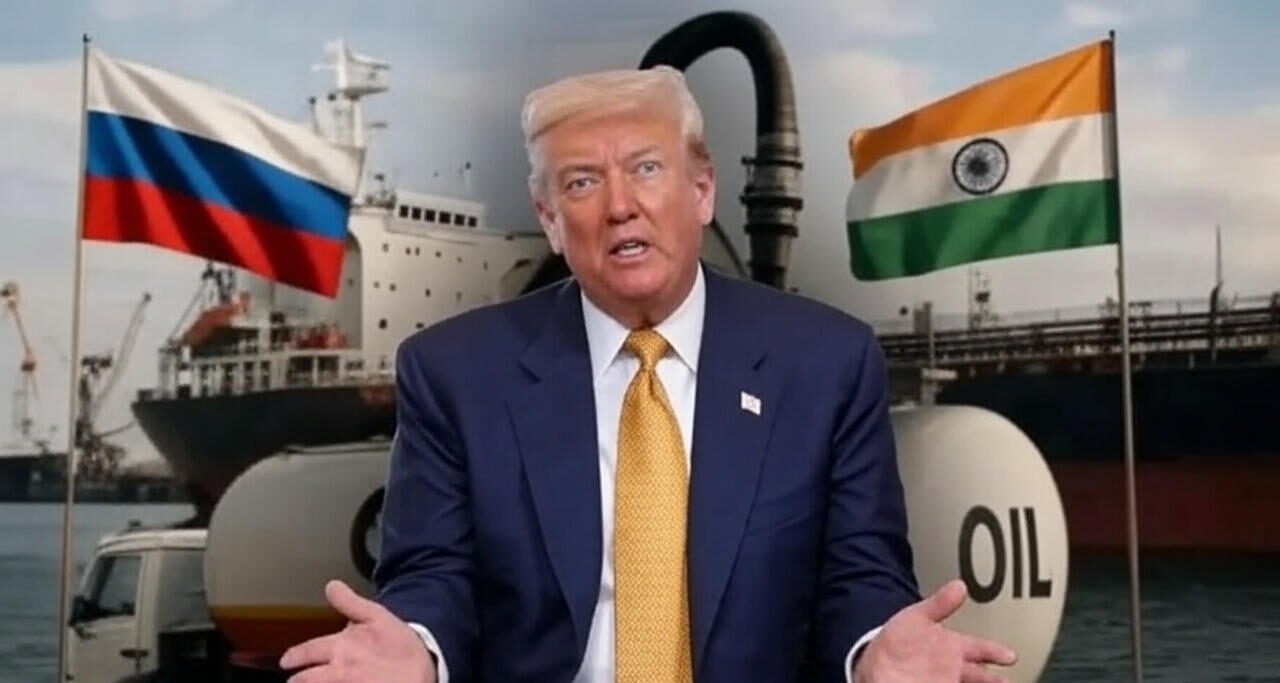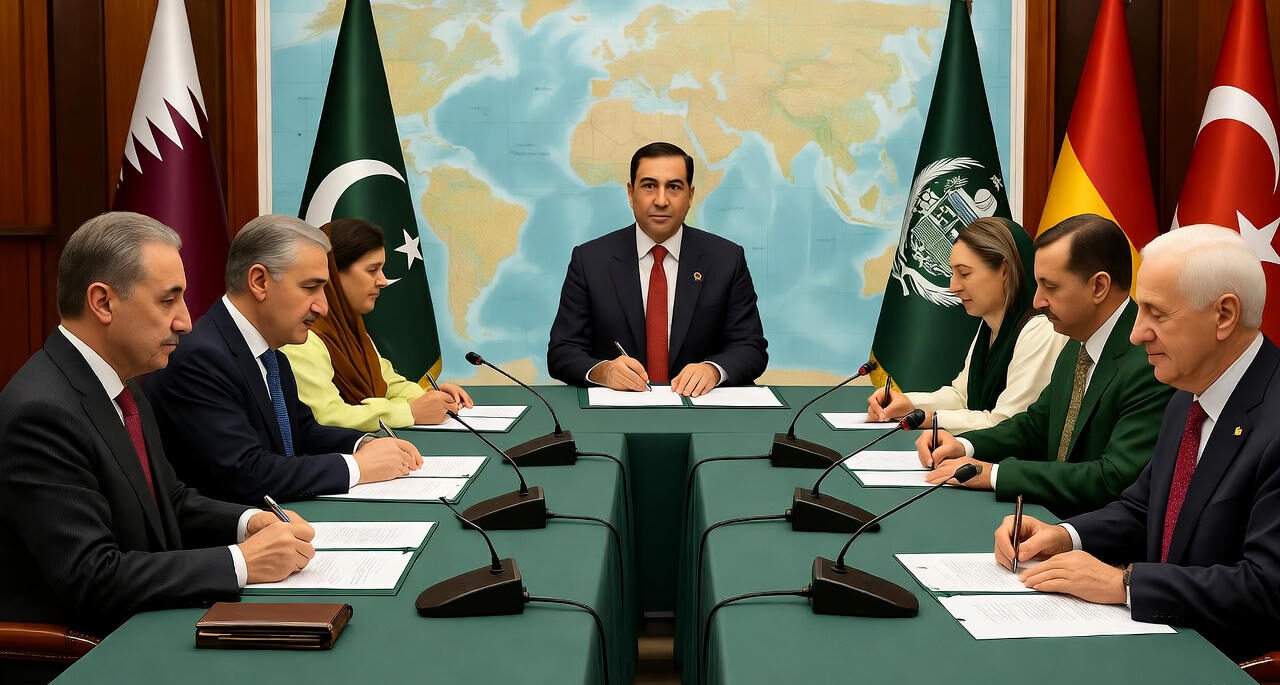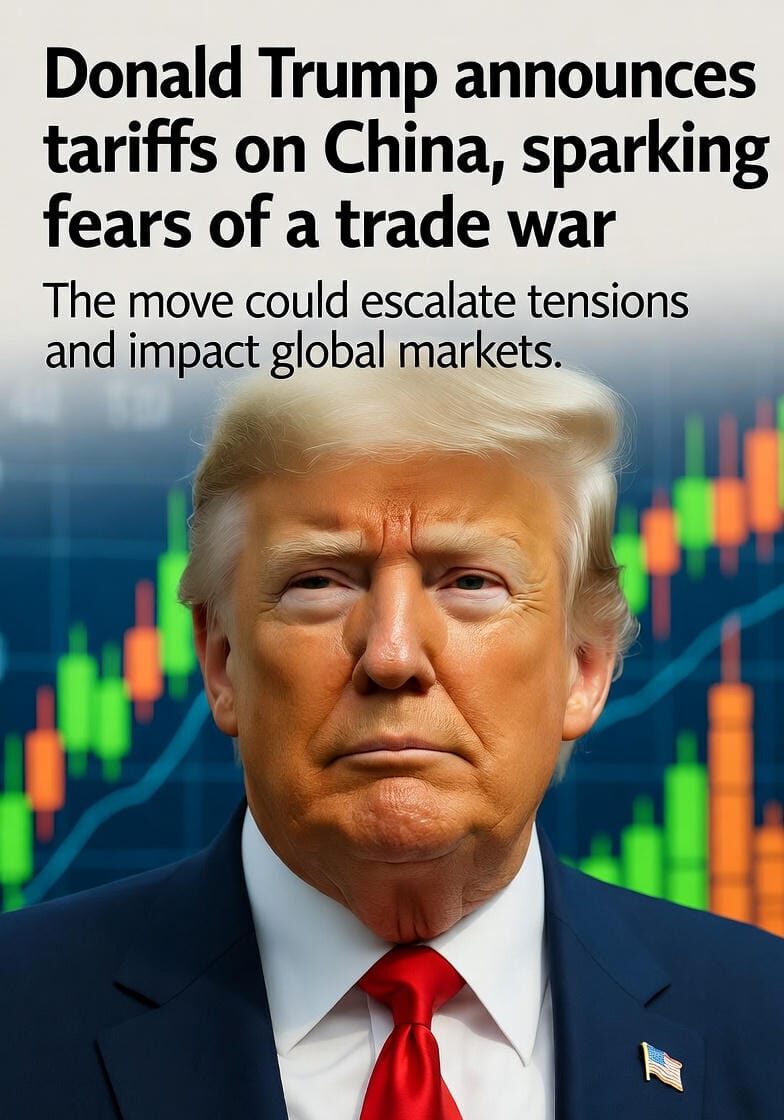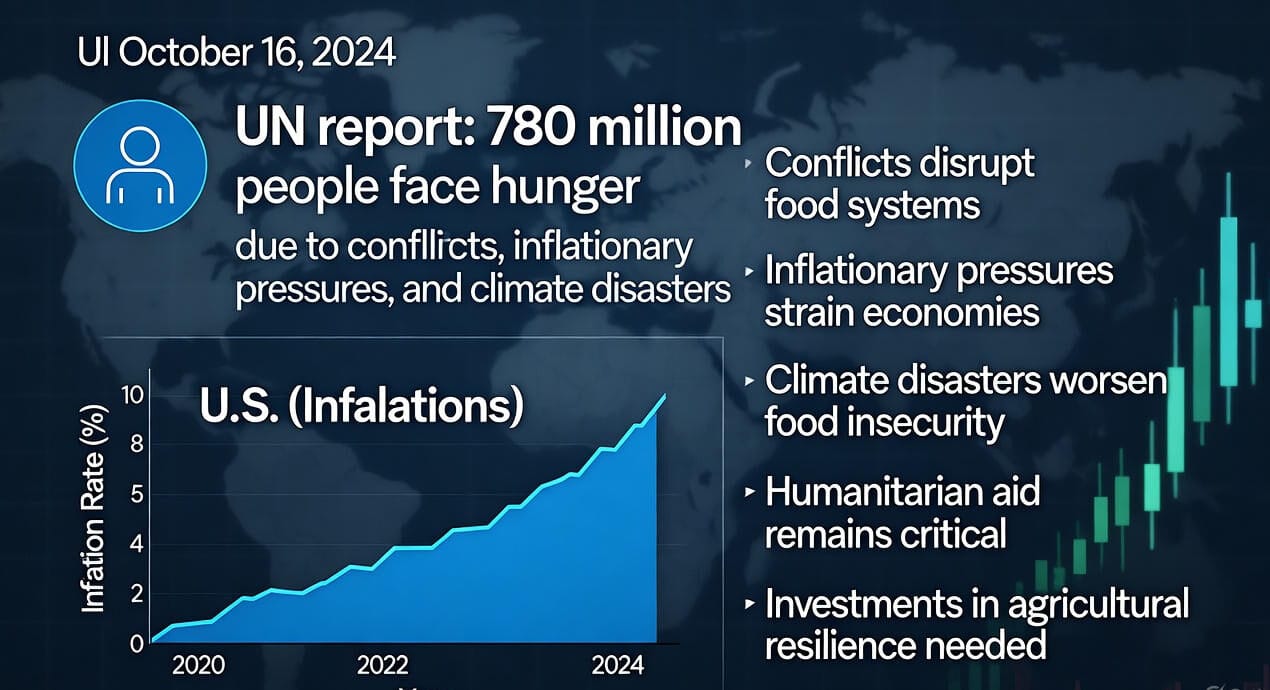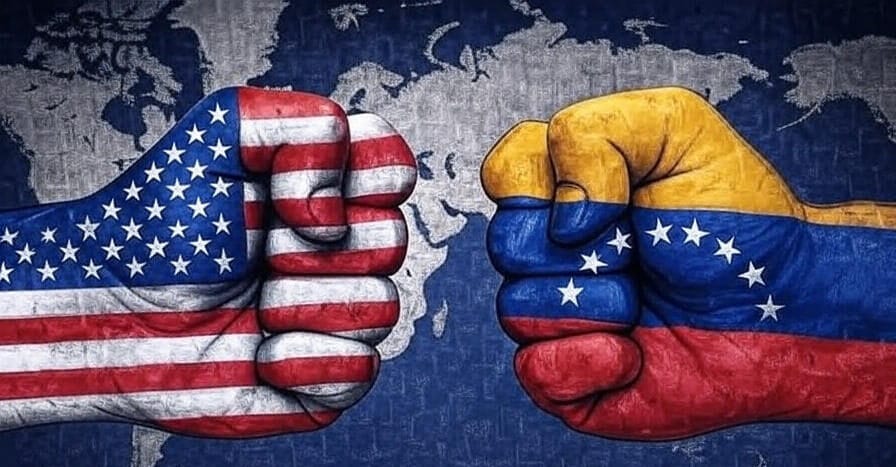
The escalating confrontation between the United States and Venezuela in September 2025 has thrust the Caribbean into the global spotlight, raising fears of a potential military clash.A bold flyby by Venezuelan fighter jets close to a U.S.A military base caused some excitement. A naval ship was involved, along with a dangerous U.S. strike on a Venezuelan boat, has intensified diplomatic strains. This blog examines the crisis, its regional implications, and the responses from both nations’ leaders, offering a detailed analysis for readers seeking insight into this volatile geopolitical situation.
Historical Context of U.S.-Venezuela Relations
For decades, U.S.-Venezuela relations have been marked by ideological divides, economic sanctions, and mutual accusations of interference. Since 2019, the U.S. It has not acknowledged President Nicolás Maduro’s government and instead supports the opposition leaders, while also applying sanctions to reduce the strength of his administration.Venezuela has countered by alleging U.S.-orchestrated destabilization efforts. The recent incidents represent a significant escalation, pushing the two nations toward a dangerous brink.
Key Developments Driving the Crisis
Several critical events have fueled the current standoff, highlighting the fragility of the situation:
- Venezuelan Jets’ Provocative Flyover: On September 4, 2025, two Venezuelan F-16 jets conducted a low-altitude pass near the USS Jason Dunham, a U.S. Navy destroyer operating in international waters. U.S. officials labeled the maneuver aggressive, viewing it as a direct challenge to American naval operations targeting drug trafficking.
- President Donald Trump gave a strong response, warning that Venezuelan planes posed a threat to the United States.
assets could be shot down. His remarks reflect the U.S.’s resolve to protect its forces and maintain regional dominance.
- Deadly U.S. Maritime Operation: In a separate incident, U.S. forces intercepted a Venezuelan vessel suspected of drug smuggling, resulting in 11 crew deaths. The operation, part of a broader anti-narcotics campaign, has been condemned by Venezuela as an act of aggression.
- Maduro’s Plea for Dialogue: Facing mounting pressure, President Maduro called for talks with Washington to de-escalate tensions, though his proposal has been met with skepticism given the deep mistrust between the two nations.
Regional and Global Implications

The Caribbean, already grappling with economic challenges and geopolitical rivalries, faces significant risks from this crisis. A misstep by either side could spark a broader conflict, disrupting trade routes and drawing in regional actors. The U.S.’s naval buildup, aimed at curbing drug trafficking, has heightened concerns among neighboring countries about militarization. Venezuela’s alliances with Russia and China further complicate the situation, potentially transforming a bilateral dispute into a global issue.
International Reactions and Diplomacy
The global response to the crisis has been marked by concern and calls for restraint:
- United Nations’ Call for Peace: UN officials have urged both nations to adhere to international maritime laws and pursue dialogue to prevent escalation.
- Latin American Divisions: Countries like Brazil and Colombia have expressed alarm, while Venezuela’s allies have criticized U.S. actions as imperialistic overreach.
- European Union’s Mediation Proposal: The EU has offered to facilitate talks, though neither Washington nor Caracas has committed to this path.
Potential Paths to Resolution
The crisis teeters between confrontation and diplomacy. For the U.S., maintaining credibility in its anti-narcotics efforts is critical, but aggressive posturing risks alienating regional allies. Venezuela, grappling with economic turmoil, may use the standoff to bolster domestic support, though Maduro’s call for talks suggests a desire to avoid conflict. Neutral mediators could offer a pathway to de-escalation, allowing both sides to step back without losing face.
Why This Crisis Matters Globally
The U.S.-Venezuela tensions hold significant implications for global security and international relations. The crisis underscores the complexities of maritime sovereignty, the challenges of counter-narcotics operations, and the delicate balance of power in the Americas. For policymakers, it highlights the need for strategic communication to avoid miscalculations that could lead to unintended consequences. Readers following global affairs will find this situation a critical case study in modern geopolitics.
Broader Context and Future Outlook
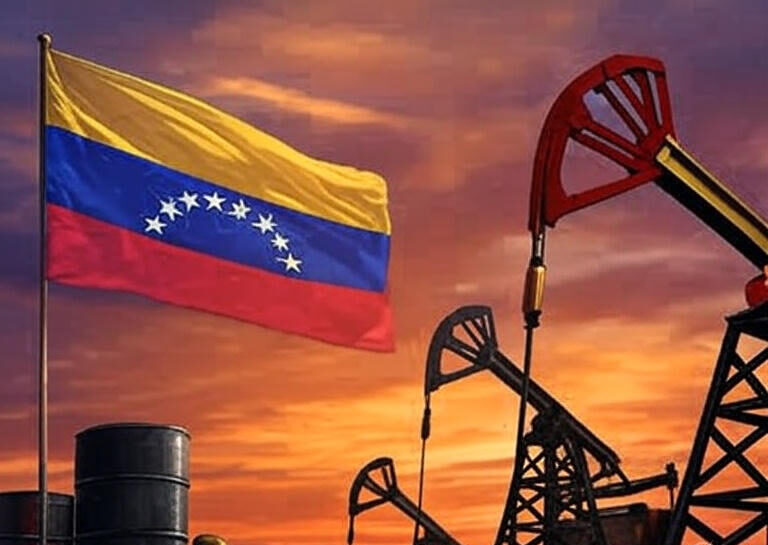
The current standoff is not an isolated event but part of a broader pattern of U.S.-Venezuela animosity. The U.S.’s focus on combating drug trafficking, particularly targeting groups like Venezuela’s Tren de Aragua, has intensified its regional presence. Meanwhile, Venezuela’s reliance on external allies complicates diplomatic efforts. The coming weeks will be pivotal, as both nations navigate internal pressures and international scrutiny. A resolution, whether through dialogue or continued posturing, will shape the Caribbean’s stability for years to come.
Conclusion
The escalating U.S.-Venezuela tensions represent a critical moment for both nations and the Caribbean region. As military actions and diplomatic overtures unfold, the international community watches closely, hoping for a peaceful resolution. By staying informed, readers can better understand the dynamics driving this crisis and its broader implications for global stability. For real-time updates, follow credible sources and official statements from Washington and Caracas.
